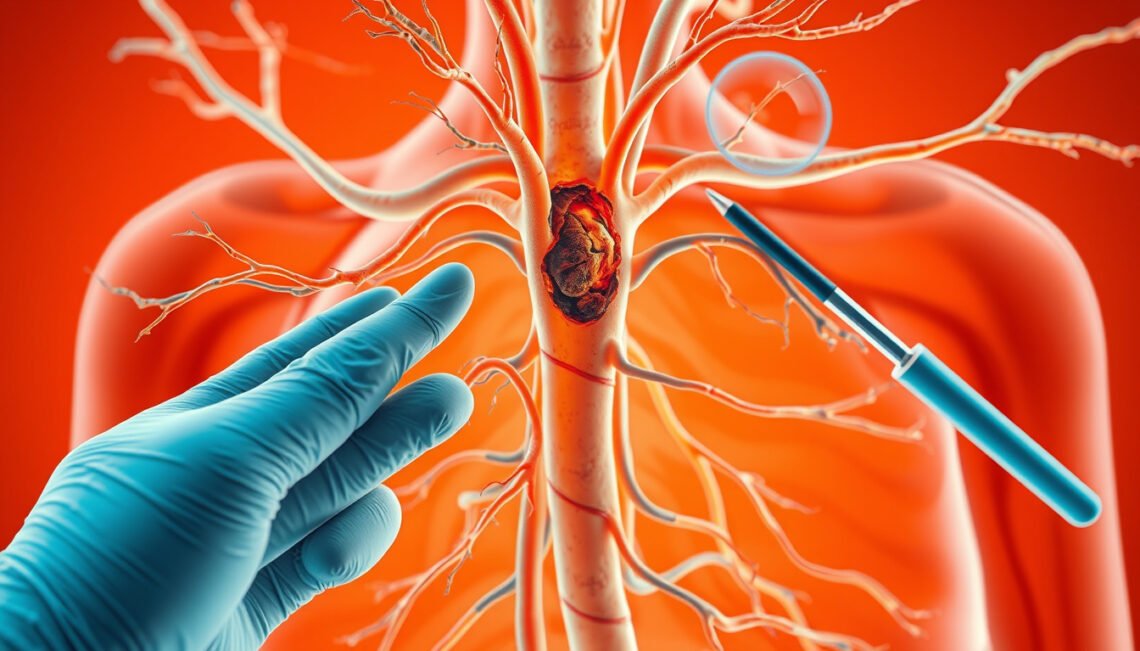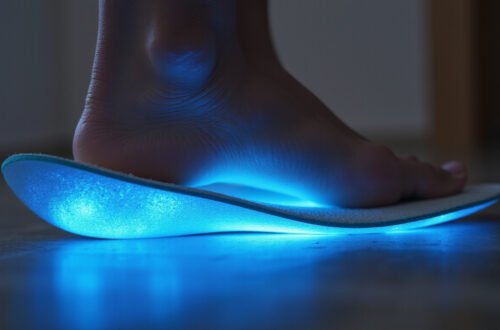Nerve damage is a condition that affects millions of people worldwide, often with significant impacts on quality of life. Whether caused by injury, disease, or other factors, understanding nerve damage is essential for early diagnosis, effective treatment, and improved outcomes. This article explores the causes, symptoms, and treatment options for nerve damage, aiming to provide clear insights into this complex condition.
What Is Nerve Damage?
Nerve damage, also known as neuropathy, refers to injuries or dysfunctions within the nervous system that impair nerve signaling. Our nerves are responsible for transmitting sensations such as pain, temperature, and touch, as well as controlling muscle movements. When these nerves are damaged, communication between the brain and other parts of the body is disrupted, leading to various symptoms and complications.
Causes of Nerve Damage
Understanding the causes of nerve damage is crucial for prevention and management. Several factors can contribute to nerve injury, including:
1. Diabetes Mellitus
Diabetes is one of the most common causes of nerve damage, especially in the extremities, known as diabetic neuropathy. Elevated blood sugar levels damage nerve fibers over time, leading to numbness, tingling, and pain.
2. Physical Trauma
Injuries resulting from accidents, falls, or surgeries can directly damage nerves. Traumatic nerve injury may involve compression, stretching, or cutting of nerves.
3. Infections
Certain infections, such as shingles, Lyme disease, or HIV, can attack nerves or trigger immune responses damaging nerve tissues.
4. Autoimmune Diseases
Conditions like multiple sclerosis or Guillain-Barré syndrome involve the immune system attacking nerve tissues, causing inflammation and impairment.
5. Toxins and Chemicals
Exposure to toxins such as heavy metals, alcohol, or certain chemotherapy drugs may lead to nerve damage.
6. Nutritional Deficiencies
Lack of essential nutrients like vitamin B12, vitamin E, or folate can result in nerve dysfunction.
7. Genetic Factors
Some hereditary conditions, such as Charcot-Marie-Tooth disease, inherently involve nerve degeneration.
Recognizing the Symptoms of Nerve Damage
Symptoms of nerve damage vary depending on the type and location of affected nerves. Common signs include:
- Pain or burning sensations in the affected area
- Numbness or reduced sensation
- Muscle weakness or atrophy
- Loss of coordination or balance
- Sensitivity to touch (often hypersensitivity)
- Tingling or prickling sensations
- Difficulty walking or performing fine motor tasks
Types of Nerve Damage and Their Symptoms
| Type of Nerve Damage | Common Symptoms |
|---|---|
| Sensory nerve injury | Numbness, tingling, loss of sensation |
| Motor nerve injury | Muscle weakness, paralysis, loss of coordination |
| Autonomic nerve damage | Dizziness, abnormal sweating, blood pressure issues |
Diagnosing Nerve Damage
Proper diagnosis involves a combination of medical history, physical examination, and diagnostic tests such as:
- Nerve conduction studies
- Electromyography (EMG)
- MRI scans
- Blood tests to identify underlying causes
Early diagnosis is crucial to prevent further nerve deterioration and to implement appropriate treatment strategies.

Treatment Options for Nerve Damage
While nerve damage can be challenging to reverse, numerous treatments aim to alleviate symptoms, prevent progression, and promote nerve regeneration when possible.
1. Medications
- Pain relievers: Over-the-counter or prescription medications to manage neuropathic pain
- Antidepressants: Certain antidepressants (e.g., amitriptyline) can help relieve nerve pain
- Anticonvulsants: Such as gabapentin or pregabalin, often prescribed for nerve pain
2. Physical Therapy
Targeted exercises can improve muscle strength, enhance mobility, and reduce discomfort associated with nerve damage.
3. Lifestyle Modifications
- Controlling blood sugar levels in diabetics
- Avoiding toxins and harmful substances
- Adopting a balanced diet rich in essential nutrients
4. Complementary and Alternative Therapies
- Acupuncture
- Massage therapy
- Herbal remedies (consultation with a healthcare professional is essential)
5. Surgical Interventions
Severe cases involving nerve compression or injury may require surgery to decompress or repair damaged nerves.
6. Emerging Treatments
Research into nerve regeneration therapies, stem cell treatments, and bioengineering offers hope for future management of nerve damage (source).
Preventing Nerve Damage
Prevention is often the best strategy. Here are some steps to reduce your risk:
- Maintain optimal blood sugar levels if diabetic
- Use protective equipment during physical activities
- Limit exposure to toxins and chemicals
- Ensure a balanced diet with adequate vitamin intake
- Regular check-ups for early detection of neurological issues
Frequently Asked Questions About Nerve Damage
1. What are the early signs of nerve damage?
Early signs include numbness, tingling, burning sensations, or mild pain in affected areas, often in the feet or hands.
2. Can nerve damage be reversed?
Some nerve damage can be reversed or improved, especially if diagnosed early and caused by reversible factors. However, certain types may cause permanent damage, requiring management of symptoms instead.
3. How does nerve damage affect daily life?
Nerve damage can impair sensation, movement, and autonomic functions, leading to difficulties with walking, fine motor tasks, or regulating bodily functions, significantly impacting daily activities.
Conclusion: Take Action Against Nerve Damage Today
Understanding nerve damage—its causes, symptoms, and treatment options—is essential for anyone seeking to protect their neurological health. Early intervention can make a significant difference in preventing long-term disability and improving quality of life. If you suspect you have nerve damage or are at risk, consult a healthcare professional promptly. With proper diagnosis and tailored treatment, you can manage symptoms effectively and regain control over your health.
Don’t ignore the warning signs—your nervous system is vital to your overall well-being. Take proactive steps today to safeguard your nerves and ensure a healthier tomorrow.






